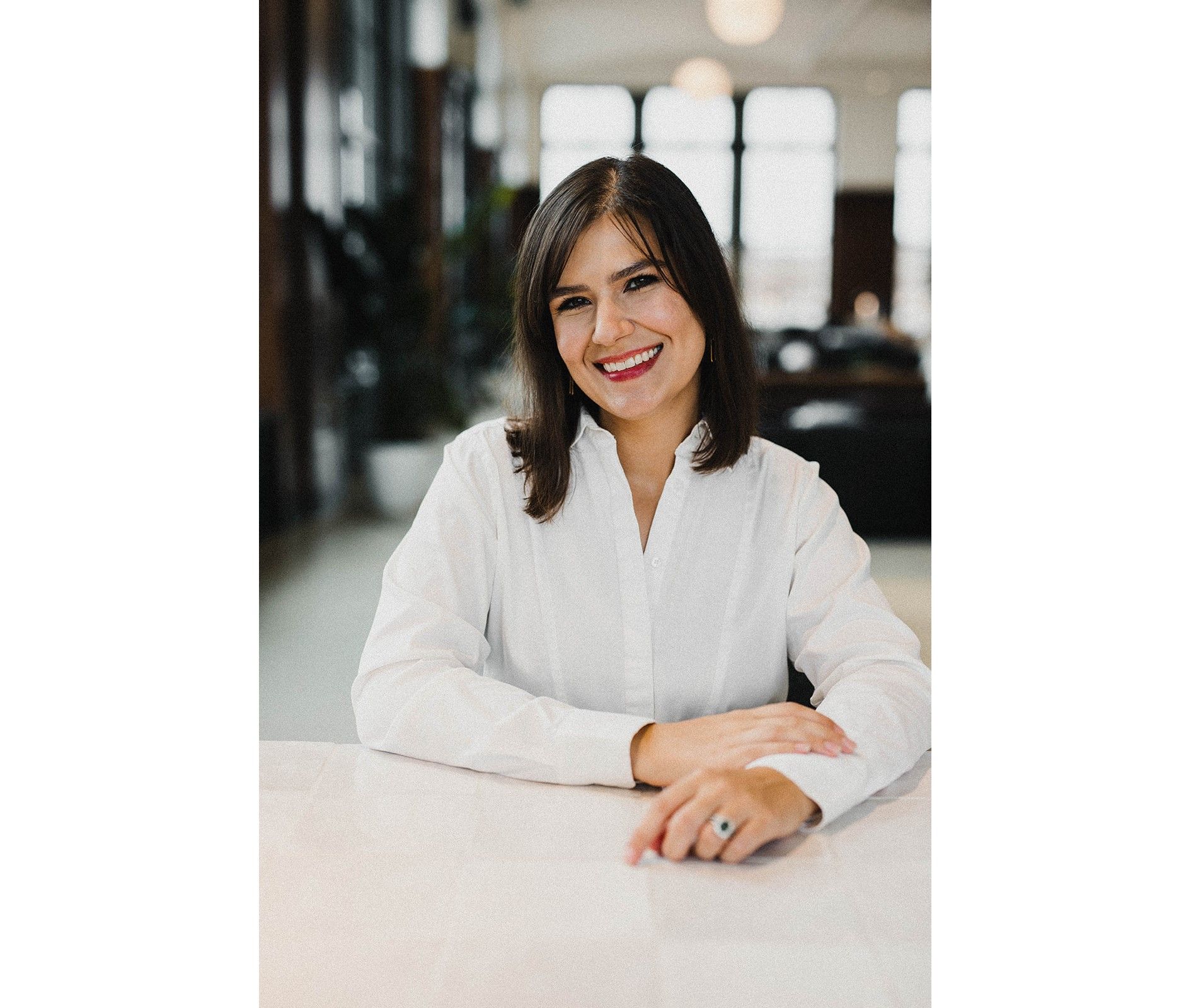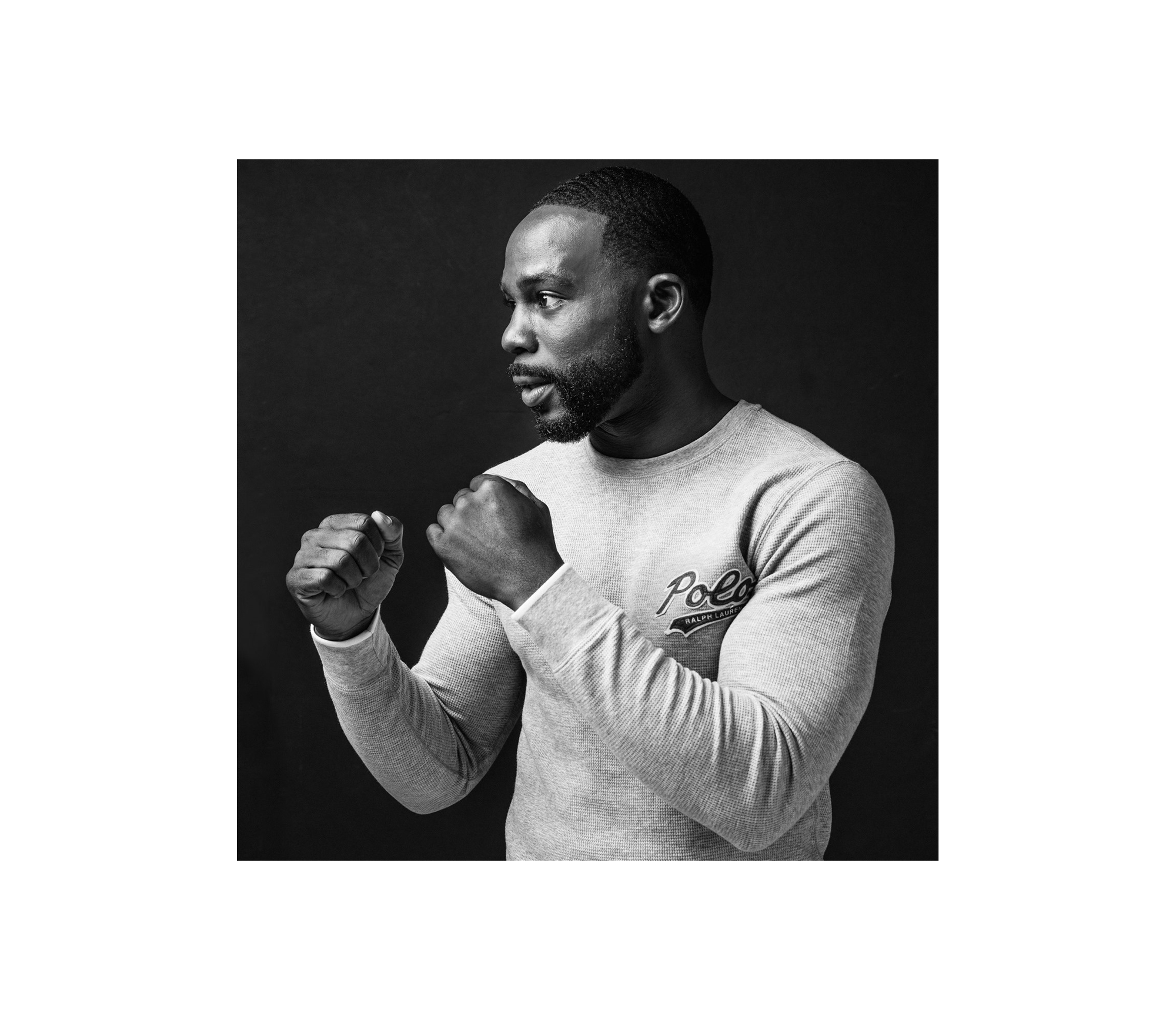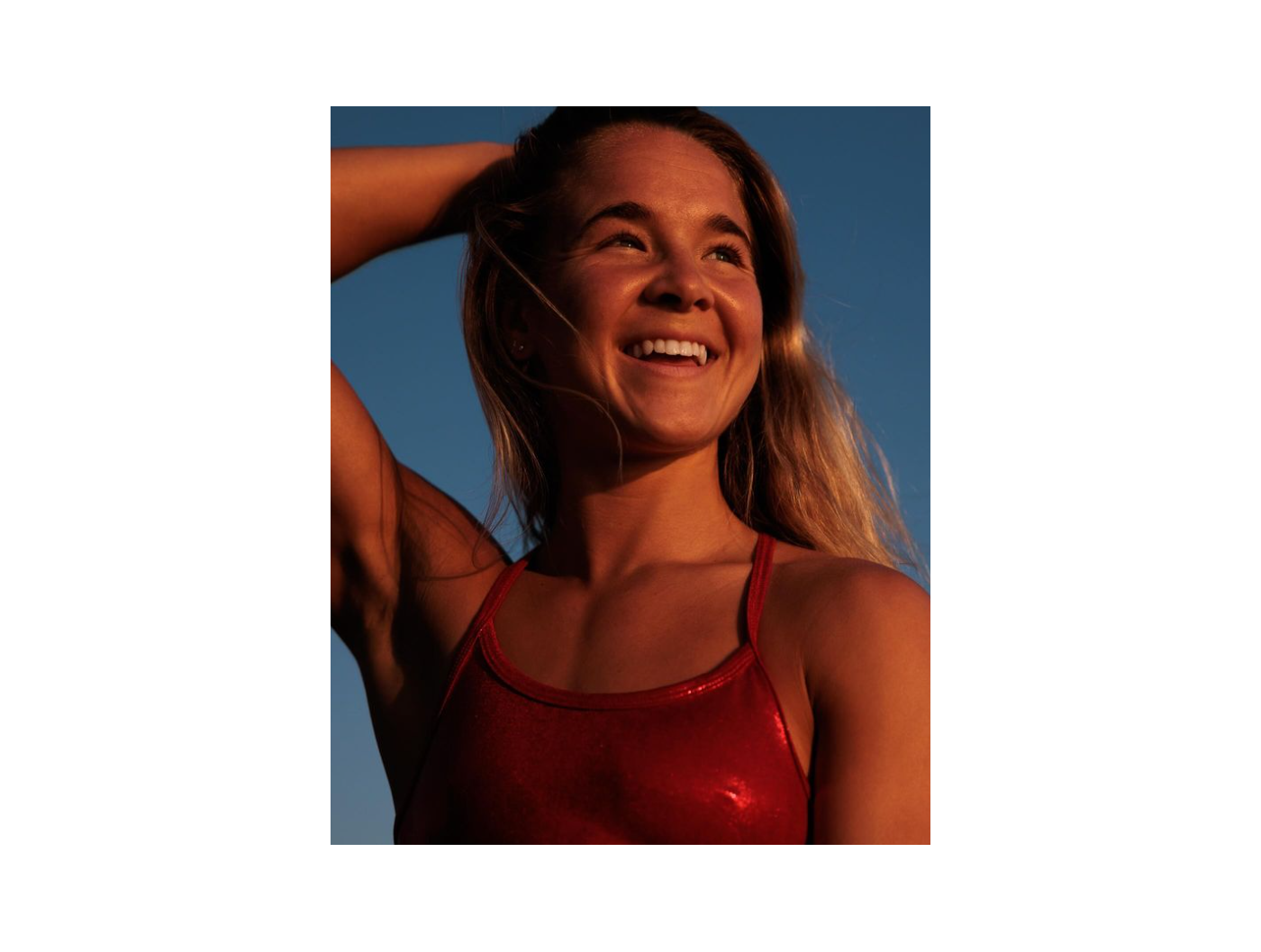Interested in starting your own entrepreneurial journey in wellness but unsure what to expect? Then read up on our interview with Stephanie Gardner-Wright, PLLC, Founder of Inner Guide Consulting, LLC., located in Jackson, MI, USA.
What's your business, and who are your customers?
I'm a licensed psychotherapist and coach for highly sensitive people. My specialty is supporting high-achieving, sensitive men and women by reducing overwhelm and anxiety, setting better boundaries, and healing deep-seated traumas.
I also host Sensitivity Sessions, a mental health podcast for highly sensitive people, where we talk about how to find ease and purpose as a sensitive person in an overwhelming world. Recent episodes have been about neurodiversity and adult ADHD, healing trauma when you're sensitive, and how to know if you're highly sensitive.
Tell us about yourself
I've been a licensed clinical social worker and therapist for ten years and took a "typical" therapist route from being an employee to becoming a business owner (aka, slowly and gradually, with a lot of fear about going solo). In my early career years, I focused on serving traumatized children and adults in non-profit settings; then, I moved into treating anxiety, depression, and trauma in a contractual position.
One of the biggest lessons for me along my career and the entrepreneurial journey has been to follow what I find myself pulled toward, even if I don't know why at the time. For example, I was always looking for integrative, effective ways to support folks after traumatic experiences, which led to ongoing post-graduate training focused on somatic, body-focused trauma treatments and how to re-process traumatic memories, so they are less bothersome. It felt like something was missing with the current talk therapy model, so I began to fold into depth psychology, which focuses on subconscious influences in how we feel and act in our lives, and energetic psychology, which acknowledges the effect of energy on the human system and psyche. These are now an integral part of how I specifically work with clients. Coming to my own approach to how I work with folks and run my business has been really important for me, and I think it's a valuable general lesson for anyone who wants to start a business. Following one model or theory is great, but it can feel much more aligned to take what works for you and put your own individual touches on how you serve folks.
And how did I overcome that fear of "going out on my own," as we say in my industry? I didn't, but I did make concessions to my risk-averse nature, like starting my own business as a side gig and proving to myself that it was viable. After several months of this, I made the leap to a full-time business owner. It's been the best decision of my career to date. Being able to support people in a transformational way is truly the greatest honor and very motivating for me.
What's your biggest accomplishment as a business owner?
Professionally speaking, having the opportunity to teach hundreds of clients how to feel less anxious and how to tune in to their own inner wisdom gives me the greatest sense of accomplishment. It's so rewarding to see a transformation happening where folks go from constantly second-guessing themselves and putting their own needs at the very bottom of the list to being unapologetic about taking up space. Personally, my biggest accomplishment is creating the flexibility to work in the way that suits me best and gives me meaningful time to spend with my young family.
What's one of the hardest things that comes with being a business owner?
When you're a business owner, the professional is also personal. How you are in your personal life is also how you are in your business. For example, if you tend to put everyone else's needs above your own, then you'll do the same thing in your business unless you make a conscious effort to behave differently. When you're an employee, it's easier to blame this on a boss, the organization, or another external factor, but when you're self-employed, it becomes clearer how you may be making life more difficult for yourself.
This isn't all negative, though. Building awareness of what personally drives you, what fulfills you, and what drains your energy can support you in running your business in a way that works for you. I believe it's really valuable for business owners to be in therapy to identify patterns and beliefs that are subconsciously influencing how business is run. Of course, I'm biased!
What are the top tips you'd give to anyone looking to start, run and grow a business today?
In the early days of self-employment, we are usually the ones taking care of every aspect of our business. Delegating or outsourcing the things you don't enjoy doing and/or don't need to be personally doing is one of the earliest, most important things to consider (and my #1 tip). Just because you can do it doesn't mean it's how your time or energy is best used. Seeking early support is especially essential for sensitive business owners, who can be more easily overwhelmed and burnt out by how all-encompassing running a business can be.
Secondly, invest in solid marketing and copywriting education. If you know how to speak to your ideal customer and understand their desires and problems from the inside out, you'll connect with them much more genuinely and be their go-to expert in your field. If your business has an online presence, competition can feel particularly stiff. Having the ability to write your own copy in your own brand voice is a skill you'll use not only in marketing but in content creation, writing your email list, and building long-term relationships with clients.
Third, trust your instincts. Just because everyone else is doing it or saying it in a certain way doesn't mean you have to. There's a lot of hustle and grind culture in the entrepreneurial space, which doesn't work for everyone. Take a minute to check in with yourself to assess if a business decision is going to make sense for you or if you're just afraid of missing out on the next big thing. If you notice that there's a strong physical reaction, like anxiety, tension, or feeling that you have to make a decision NOW, this is important information to get curious about. So often, we only consider our thoughts when it comes to business, but the information our bodies are giving us is incredibly useful to assess if a decision is for us or not.
Where can people find you and your business?
Website: https://www.stephaniegardnerwright.com/
Instagram: https://www.instagram.com/stephaniegardnerwright/
LinkedIn: https://www.linkedin.com/in/stephaniegardner-wright/
If you like what you've read here and have your own story as a solo or small business entrepreneur that you'd like to share, then please answer these interview questions. We'd love to feature your journey on these pages.
Turn your craft into recurring revenue with Subkit. Start your subscription offering in minutes and supercharge it with growth levers. Get early access here.



